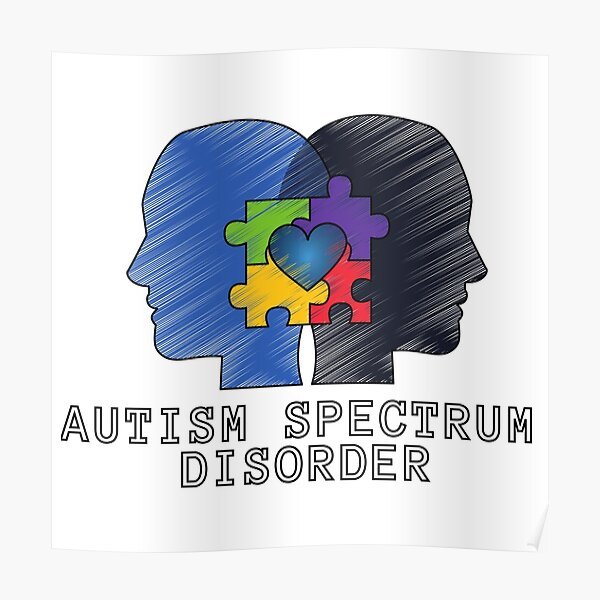As parents and caregivers, we’re often told to look out for the common signs of ASD, such as delayed speech, social difficulties, and repetitive behaviors.
However, did you know that there are hidden signs and symptoms of ASD that often go unnoticed? In this comprehensive guide, we’ll unmask these hidden signs and help you better understand ASD.
What is ASD?
ASD, or Autism Spectrum Disorder, is a neurodevelopmental disorder that affects communication, social interaction, and behavior.
It is a spectrum disorder, which means that individuals with ASD may experience a wide range of symptoms and severity. Some individuals may have mild symptoms, while others may have more severe ones that impact their daily lives.
Common Signs of ASD
Before we dive into the hidden signs of ASD, let’s review the common signs and symptoms that you may already be familiar with:
- Delayed speech or lack of speech
- Difficulty with social interaction and communication
- Repetitive behaviors or routines
- Sensory sensitivities or aversions
- Problem with change or transition
- Lack of interest in playing with peers
- These signs may be more pronounced and can help you identify if your child or loved one may be on the autism spectrum.
Hidden Signs of ASD
While the common signs of ASD are essential to recognize, there are also hidden signs that can indicate that someone may have ASD. These signs may be more subtle and may require close observation and understanding of your loved one’s behavior.
Difficulty with Motor Skills
Children with ASD may have difficulty with gross or fine motor skills. For example, they may struggle with balance, coordination, or walking on their tiptoes.
They may also need help with fine motor skills, such as tying their shoes or using utensils. If you notice that your child is struggling with these skills, it may be a sign of ASD.
Unusual Play Behavior
Children with ASD may engage in unusual play behavior, such as lining up toys or fixating on particular objects. They may also play alone for extended periods or have difficulty with imaginative play.
While these behaviors may not seem harmful, they can indicate that your child has a problem with social interaction and communication.
Sensitivity to Sounds
Individuals with ASD may be overly sensitive to sounds, such as loud noises or certain pitches. They may also have difficulty filtering out background noise, making it difficult to focus or understand speech. If your child is overly sensitive to sounds, it may be a sign of ASD.
Difficulty with Empathy
Children with ASD may have difficulty understanding or expressing empathy. For example, they may need help recognizing facial expressions or understanding social cues that indicate how someone is feeling. If your child has difficulty with empathy, it may be a sign of ASD.
Ritualistic Behaviors
Individuals with ASD may have ritualistic behaviors or routines that they must follow. For example, they may have to do things in a particular order or repeat specific actions multiple times. These behaviors can be comforting to individuals with ASD but can also interfere with daily life.
What to Do If You Notice Signs of ASD
If you notice signs of ASD in your child or loved one, it’s vital to seek professional help. A healthcare provider or specialist can determine if your child has ASD. Early intervention is critical in helping individuals with ASD reach their full potential and improve their quality of life.
Being Ready For Everything
ASD is a complex disorder that affects individuals in different ways. While there are common signs and symptoms of ASD, hidden signs can indicate that someone has the disorder. By unmasking these hidden signs, we can better understand ASD and better support our loved ones.
If you notice signs of ASD in your child or loved one, don’t hesitate to seek professional help and start the evaluation and intervention process.
Remember that individuals with ASD have unique strengths and abilities. With the right support, they can reach their full potential and lead fulfilling lives.

